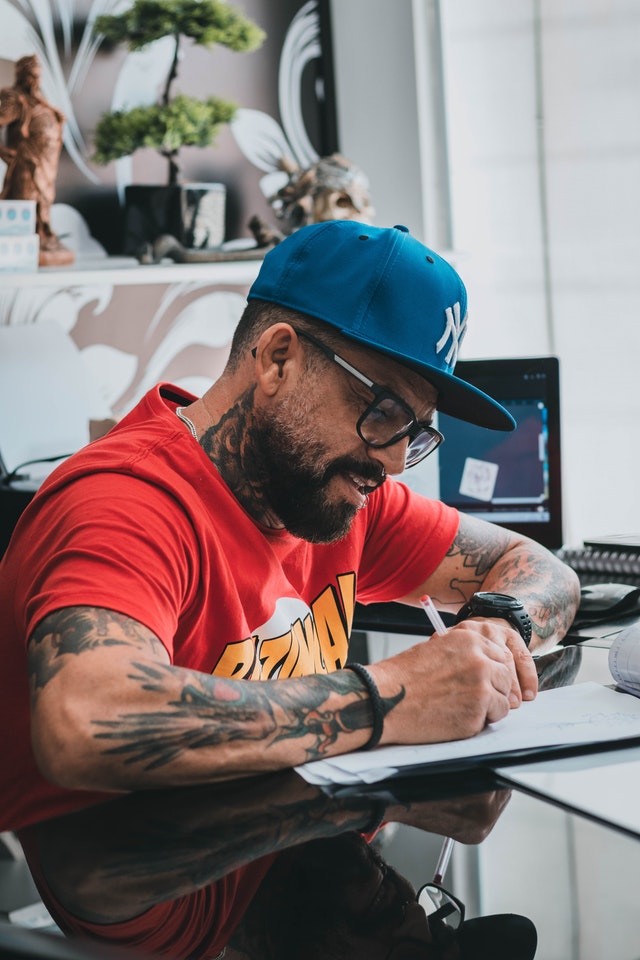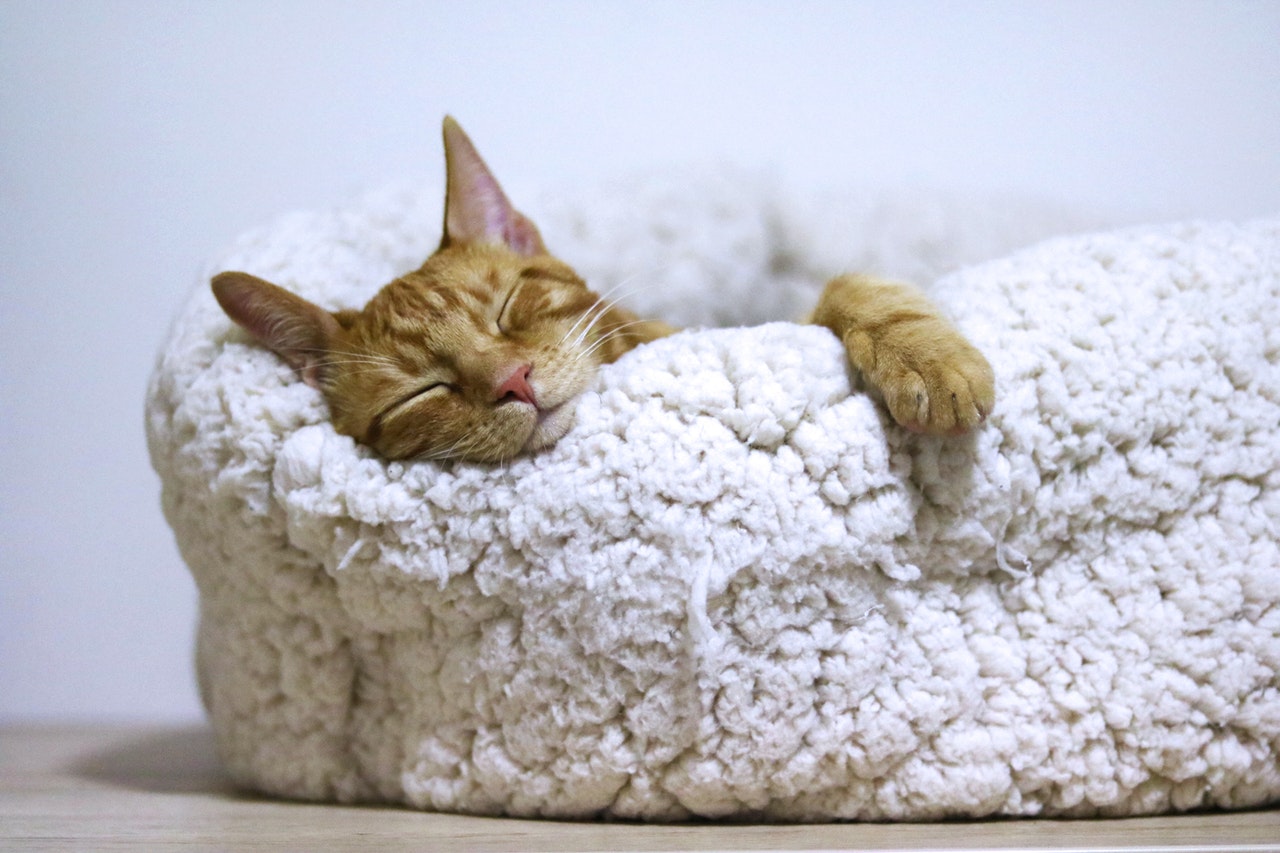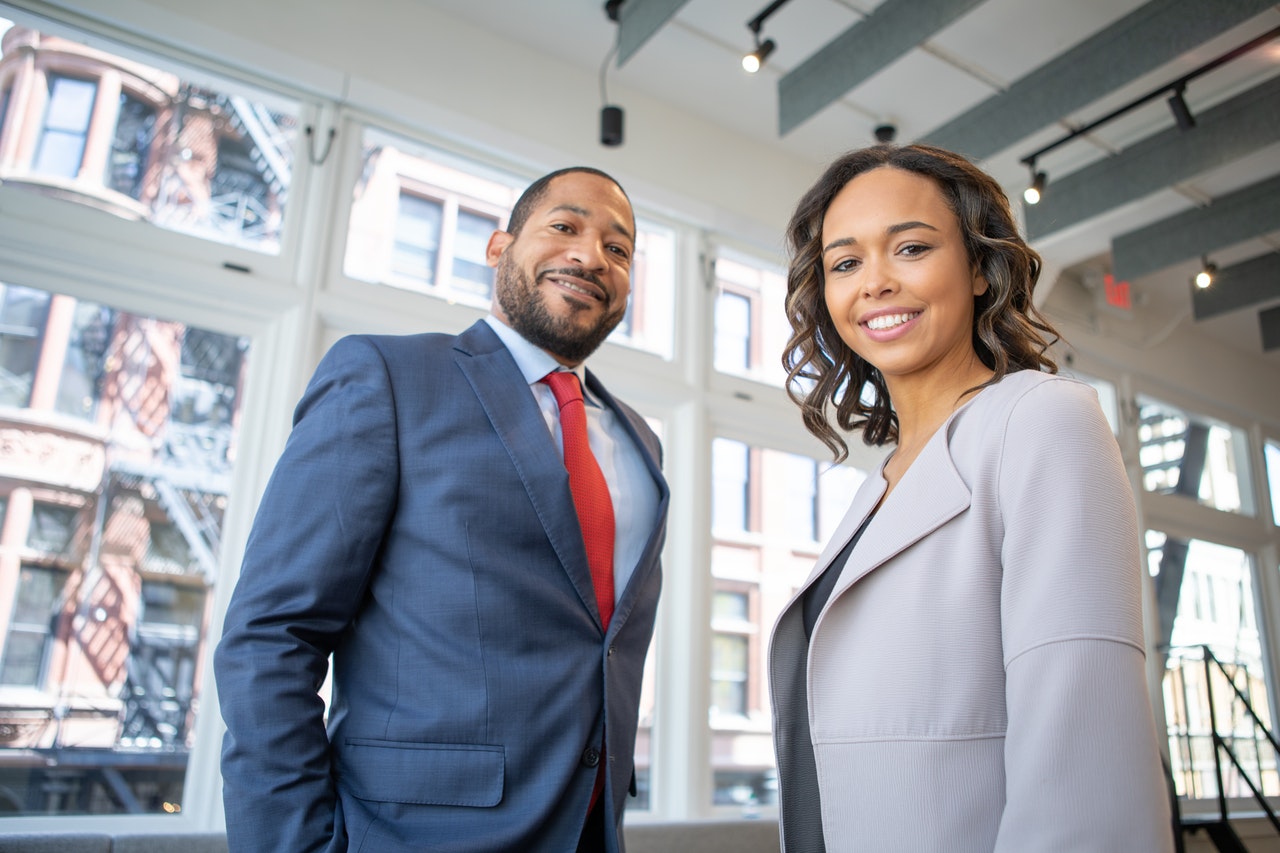Preparing for an interview is probably one of the most stressful moments in one’s life, and for good reason. Although the current trend is for the job interview to adopt a more casual and conversational tone, it is still a nervewracking experience for introverts and those who prefer to “walk the walk” rather than “talk the talk.”
Getting selected for the interview doesn’t mean that you are chosen for the job. You must learn how to present yourself because performance in the interview determines whether you will get the job or not. Without preparation, capable people are often rejected, and often without any actionable feedback provided from the interviewer.
Note: your professional skills and timing are still a major factor in whether you get the job or not. If you can’t perform the basic job functions for the role, then no amount of interview preparation will help. And sometimes you can nail the interview but market timing isn’t right for the company to offer you the role at that time. Don’t take it personally and keep trying!
We’ve put together this guide because we’ve noticed many competent job seekers are overlooked for their perfect job due to inadequate preparation and presentation abilities. You can follow this comprehensive guide, regardless of the job position or industry, and end up with positive results.
Research the Company
The very first thing you should do is to do background research about the company that called you to come for an interview. You should really perform this step before applying but sometimes recruiters will contact you directly to set up a meeting.
To find out more about a company, start with their corporate website. This will help you understand their brand image and the narrative they’re trying to portray. But, like all marketing material, take a skeptical approach to their website and seek out evidence to support the assertions. Look up their products and see the customer reviews, or read what other employees are saying about working conditions on sites like indeed.com.
You can get a better understanding of the tone of the company by going through its Facebook page or blog. You can also reach out to your contacts or go through current news releases to learn more about the company. This way, you can see if the company culture and personality matches with your own.
Get to know the names of people that you are going to meet during the interview. Then, find out more details about them on LinkedIn and adjust yourself accordingly. For example, you can prepare questions for each interviewer, based on his/her specialty.
Review all the Expected Interview Questions for Your Particular Job

While some questions are common to all interviews, there are determining questions that are specific to the particular job. For them, you need to be very well prepared. We have a list of common interview questions here in Mock Interview.
Here are some of the most common questions that you will have to face during the interview:
- Tell me a bit about you
- What are your strengths?
- Why are you looking for a new job?
- How do you wish to see yourself in five years?
You will be hearing these questions or variations of them during the interview. Make sure your answers are authentic, tailored to your personal work experience. Hiring managers have heard the same canned responses from hundreds, or thousands, of candidates. Your answers should help you stand out from the crowd.
Some other specific questions may be found in the courses you have already studied in your degree or training program.
Dress in a Way that Appeals to the Interviewers
One thing that always gets interviewers' attention is your presentation, and the way you dress is a significant part of that presentation.
- You need to dress well, with a suit, nicely polished shoes, and hair adequately done.
- You also need to follow proper hygiene; teeth should be well brushed and deodorant/cologne/perfume on.
This is highly dependant on the culture of the company, so dig into that during your research phase. You can check on the company website where they list photos of the team to quickly see what is considered presentable.
Some companies are corporate, suits and blazers only:


While others lean towards more a more business casual look:

And some companies embrace a t-shirts and hoodie culture:

When in doubt, dress up! You only have one chance to make a first impression.
Rehearse Well, But Not Too Much
You need to properly rehearse the answers you have to give for your interview. Rehearsal also involves what you will do when you first enter the room and respond to the interviewers' questions or your environment with changing circumstances. However, while you do all of that, you must not overdo it. Doing that will only make you more nervous, and the result may not be in your favor.
Conduct A Mock Interview
Conduct a mock interview to identify your weaknesses and work hard to get over them. You can also record your expressions and view them later to learn a lot about how you present yourself.
Keep Your Posture and Expressions Spot On
Another aspect of your appearance is how you carry yourself.
Keep proper sitting or walking posture and your facial expressions should be enthusiastic and authentic.
Appealing facial expressions are ones that leave a good impression on the interviewers, like a smile.
This can be a challenge, if you’re differently-abled or neurodivergent. If you fall into either of these camps, we are writing another article to outline tips-and-tricks you can do to overcome any limitations and will link it here when it’s published.
In the meantime, know that a constant smile will look fake, so you should blend in with the environment is have an expression that matches the room.
Get A Good Nights Sleep

Getting a good night’s sleep before the interview can mean a lot to those who fear the interview as it helps them in significantly increasing their performance. Go to bed early to wake up the next morning right on time and get some extra time to relax before the interview. A sleep-deprived mind decreases short-term loss of memory, impaired judgment, and various other ill-effects.
Come to the Interview on Time! Neither too Late, Nor too Early
Your timing is an essential part of the interview. We all know how much of a wrong impression it leaves on the interviewers if they are late. However, a lesser-known fact is that coming too early is not good either. It will only make the people who are supposed to interview you nervous since you would apply pressure on them to take your interview as soon as possible. It would be best for you if you avoid causing this inconvenience at all costs.
We all understand that Covid has changed the way interviews are done. You have to assure that you are on time even if your interview is online.
- Make sure you have a strong and reliable internet connection.
- Try to log-in to the given webex or zoom link before time.
- Check your mic and headphones beforehand.
Maintain a Firm Grip, and a Smile
When you enter or leave the interview room, you should shake your hands with the interviewers properly. Your grip should be firm, as confidence emanates from a firm grip, and you should smile as you do it, as it will lighten things up for them and you. Leaving a loose grip represents a lack of confidence, and having a grip too firm represents arrogance and causes a sharp pain to others.
Handshake was considered as an icebreaker but due to covid shaking hands is not even possible. In such situation to leave a good impression and build your confidence you can try other techniques like a professional smile with respectable nod, take a dip or bow or develop other type of workplace code. As well as focus on eye contact.
Answer the Questions Calmly at your Own Pace

Stuttering always results from trying to answer the questions too fast or answering without thinking properly.
- You have enough space in an interview to think.
- However, the duration should not be too long for the interviewers to assume that you are completely oblivious.
Take your time to talk, and answer in a manner that will enable them to understand you properly. It will surely make the interview more productive and increase your chances of success.
Ask for Clarification if you don’t Understand a Question
You don’t have to answer the question abruptly if you do not understand. You have the right to request a clarification since it is natural for us not to understand things at times. However, you have to request clarification in a way that is extremely polite and that should not leave a bad aftertaste for the interviewers, i.e., they should not end up assuming that you are rude or foolish.
Relax
Suppose you keep in your mind that an interview is just a set of questions to get to know more about you, and you don’t need to stress your mind about it. You have successfully cleared a major hurdle between you and your dream job. A relaxed mind helps you confidently answering all the questions and complete the interview in an optimistic manner. Don’t fear for the interview and have fate in your preparation.
Confidence, not Desperation.

I know we all want the job, especially if we are suffering financially. However, leaving that emotion exposed will certainly leave a bad impression since the interviewers will assume you are concerned only about the job, not about what the job means for the company. This could also lead to the assumption that you will do anything for the job, and thus, your chances of not getting the job are higher.
Honesty is the Best Policy
You do not have to lie to the interviewers. Hiring managers are quite smart at reading people and can often see through lies, even if they don’t show it during the interview. If you end up stretching the truth on your resume or during one of your answers during the interview itself, it’s not too late to come clean. You could say something like,
“Excuse me, I misspoke earlier. What I meant to say was…”
If you manage to lie and get away with it, you are most likely to suffer on the job because you will be dealing with things you are not aware of. So, at the end of the day the best and easiest path to tell the truth, always.
What To Do After An Interview?
You can thank the interviewer and hiring manager after giving the interview to leave a good impression about you in their minds so they can remember you when finalizing the list of successful candidates. Read the contact information of the interviewer or get their visitor card to contact them later and express your interest in the job. Saying some nice words and a warm thank you will mean a lot, especially during a busy interview.
Final Thoughts
Now you have a clear understanding of how to prepare for the interview. Keep these tips in mind and go ahead with preparations. Then you can get the best results out of your interview and land the job.
If you follow the steps outlined in this guide, you will shine brighter at your next interview.

